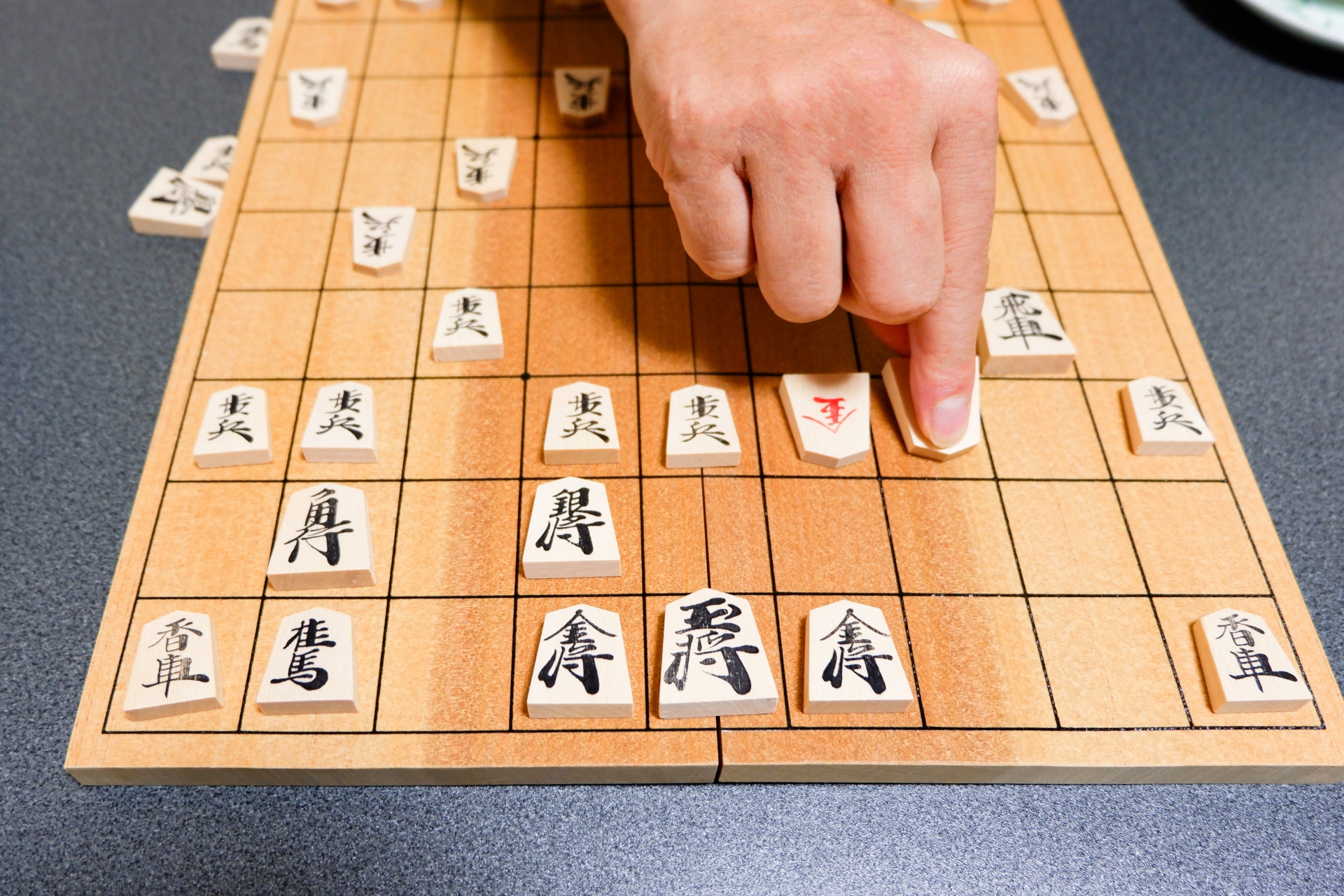In the realm of strategy games, Shogi and Chess reign supreme, offering players intellectual challenges and cultural insights. Let’s explore the intricacies of these two games, Shogi vs Chess, highlighting their differences and similarities.
Affiliate Disclaimer: I only recommend products I would use myself and all opinions expressed here are our own. This post may contain affiliate links that at no additional cost to you, I may earn a small commission. As an Amazon Associate I earn from qualifying purchases.

Planning a trip to Japan?
What is Shogi?
Shogi is a traditional Japanese board game often referred to as “Japanese chess.” It shares similarities with international chess but features several unique rules and pieces that distinguish it from its Western counterpart.
In Shogi, two players face off on a 9×9 grid, with each player controlling a set of pieces that represent different ranks in a feudal Japanese army. The objective of the game is to checkmate the opponent’s king, known as the “gyoku.”
One of the most distinctive features of Shogi is the “drop rule.” This rule allows players to reintroduce captured enemy pieces back onto the board as their own, creating dynamic and unpredictable gameplay. This adds an extra layer of complexity and strategy to the game, as players must consider not only their own pieces but also those of their opponent that may reappear at any moment.
Shogi pieces have specific movement patterns, and most can promote upon reaching the opponent’s back rank, enhancing their abilities and strategic potential. The game requires players to carefully plan their moves, anticipate their opponent’s actions, and maneuver their pieces effectively to achieve victory.
Shogi has a rich cultural heritage in Japan and is often seen as more than just a game but also as a reflection of Japanese values such as honor, discipline, and strategic thinking. It is played both casually and competitively, with professional players competing in tournaments and championships at various levels of skill and expertise.
What is Chess?
Chess is a strategic board game played by millions of people worldwide. It is believed to have originated in ancient India and evolved over centuries into its current form. The game gained popularity in Europe during the Middle Ages and has since become a global phenomenon, embraced by players of all ages and backgrounds.
In Chess, two players face off on an 8×8 grid known as a chessboard. Each player controls a set of pieces, including pawns, knights, bishops, rooks, a queen, and a king. The objective of the game is to checkmate the opponent’s king, which means placing the king in a position where it is under attack and cannot escape capture.
Each type of chess piece has its own unique movement pattern, and players must strategically maneuver their pieces across the board to gain control of key positions, capture opponent pieces, and ultimately threaten the opponent’s king. Chess is renowned for its complexity and depth, requiring players to anticipate their opponent’s moves, plan ahead, and adapt to changing circumstances throughout the game.
Chess is not only a recreational pastime but also a recognized sport with organized tournaments, competitions, and even professional players known as grandmasters. It is widely celebrated for its educational value, promoting critical thinking, problem-solving skills, and strategic planning. Additionally, Chess has cultural significance in many societies and has inspired countless works of art, literature, and film over the centuries.
Shogi vs Chess – Which is Older?
Chess is generally considered to be older than Shogi. While both games have ancient origins, Chess is believed to have originated in India during the Gupta Empire, around the 6th century AD. The earliest form of Chess, known as Chaturanga, featured similar gameplay mechanics to modern Chess but with some variations in rules and piece movements.
On the other hand, Shogi’s origins are traced back to ancient India as well, but it did not evolve into its current form until later. Shogi as we know it today developed in Japan during the Heian period (794-1185 AD), which is several centuries after the origins of Chess.
Therefore, in terms of historical timeline, Chess predates Shogi by several centuries. However, both games have rich histories and have evolved over time to become the strategic board games enjoyed by players around the world today.
Shogi vs Chess – Rules and Gameplay
Shogi:
Chess:

Shogi vs Chess – Strategy and Tactics
Shogi:
Chess:
Shogi vs Chess – Cultural Significance
Shogi:
Chess:

Wrapping it Up
Shogi vs Chess: Shogi and Chess share common objectives, their distinct rules, strategies, and cultural significance offer players unique experiences. Whether you’re drawn to the dynamic maneuvers of Shogi or the strategic depth of Chess, both games enrich the world of strategic gaming. So, whether you’re exploring ancient battlefields or medieval courts, remember that the pursuit of victory and mastery knows no boundaries.


